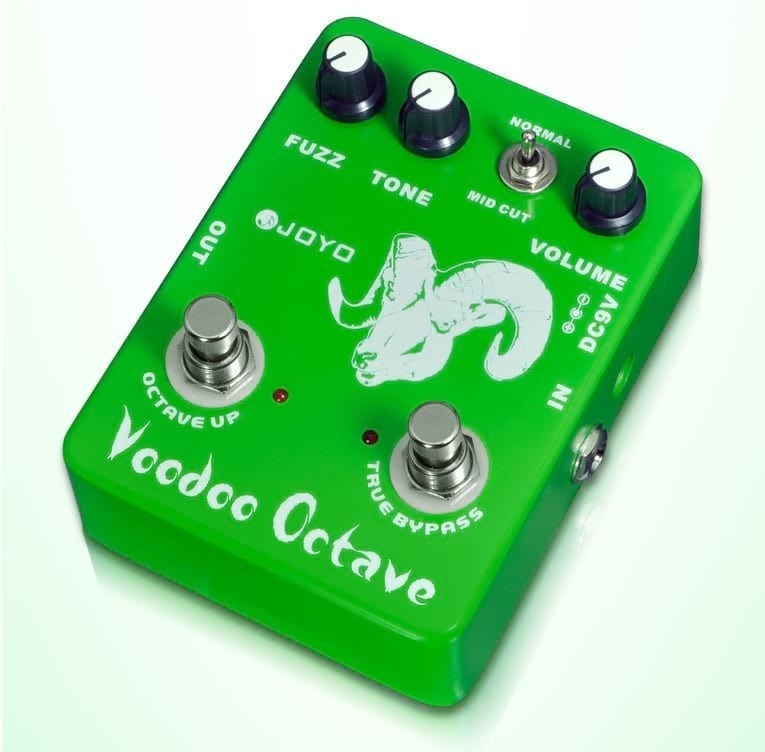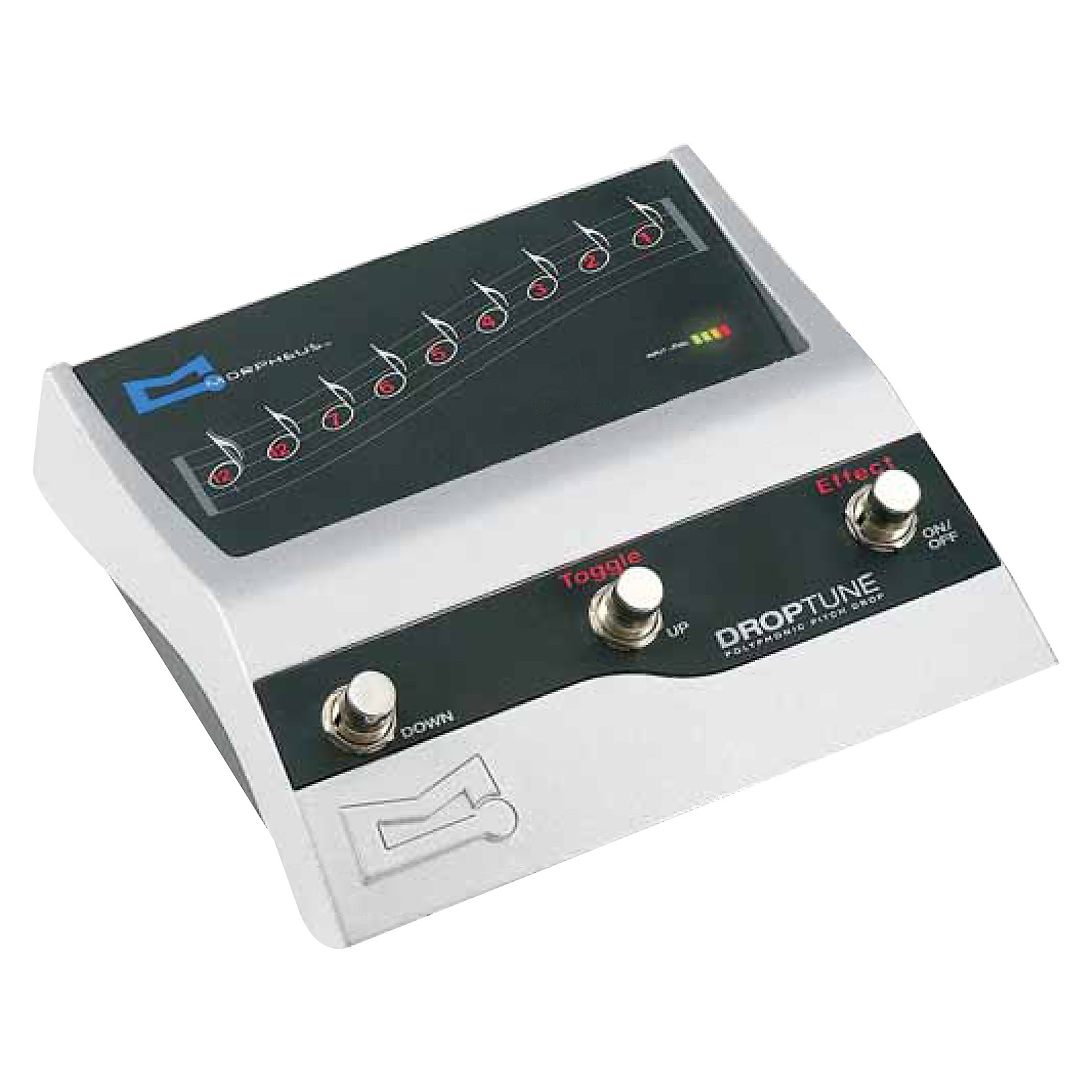


Similar to what a traditional pitch fork would have done. Guitar octave pedals and effects pedals in general are particularly useful to provide a ‘bigger sound’, with the effect also being somewhat drone-like, artificial and unique. These octave pedals can be used alongside other guitar effects pedals, to create an audible masterpiece, both in the recording studio and within a live performance setting. Octave pedals monitor the inputted signal from the guitar to create a frequency output that is an octave above or below the input signal The original and synthesized signals are then mixed and sent to the output, allowing you to hear the desired sounding octave effect.

These are pretty similar to what a pitch fork would do back in the day, but a lot more advanced! What Does a Guitar Octave Pedal Do?Īs we’ve previously discussed, guitar octave pedals or sometimes referred to as an effects pedal are used to synthesize a frequency or pitch that is an octave above or below the current played frequency. So what’s the advantage of a digital octave pedal over an analogue one, well digital pedals have several advantages over analogue pedals, being able to process multiple frequencies simultaneously, with most analogue pedals operating on a simple frequency IIRC.Īnother advantage of a digital effects pedal is that it can more efficiently monitor notes played, therefore making the processing of the desired octave effect more accurate to the frequency that is being synthesized. Guitar octave pedals have until recently always been analogue octave pedals, but due to recent advancements in technology, particularly in the digital audio emulation of the warm analogue sounding effects pedals, digital guitar octave pedals have become more available and are an attractive solution. The Boss OC-3 was the first ever polyphonic bass octave pedal and remains a best-seller due to its high sound quality. However, due to advancements in octave pedal technology and the quality of the internal processing units, some pedal manufacturers i.e Boss, have finally progressed to producing polyphonic bass octave pedals. Traditional guitar octave pedals have been monophonic and therefore this has meant that they can only process the effect for one frequency at a single time. Monophonic and Polyphonic Guitar Octave Pedals Some guitar octave pedals are even able to synthesize a greater range, accurately emulating a three-octave range. So when you hear those raw and funky guitar shredding sounds, most likely an octave pedal is being used. Guitar octave pedals are effects pedals that are able to generate a tone which is an octave above and below the frequency that a guitar is playing. However, as per usual, before we go straight into this, we want to make sure that all of our readers, especially the new guitarists, are familiar with exactly what a guitar octaver is, and the different types that are available.Īlongside this, we’re going to quickly talk about when a guitar octave processor would likely be used, so that you can really evaluate if it’s something that you want/need. In this article, we’re going to be discussing what the best guitar octave processors are, that are available to buy in 2020.


 0 kommentar(er)
0 kommentar(er)
